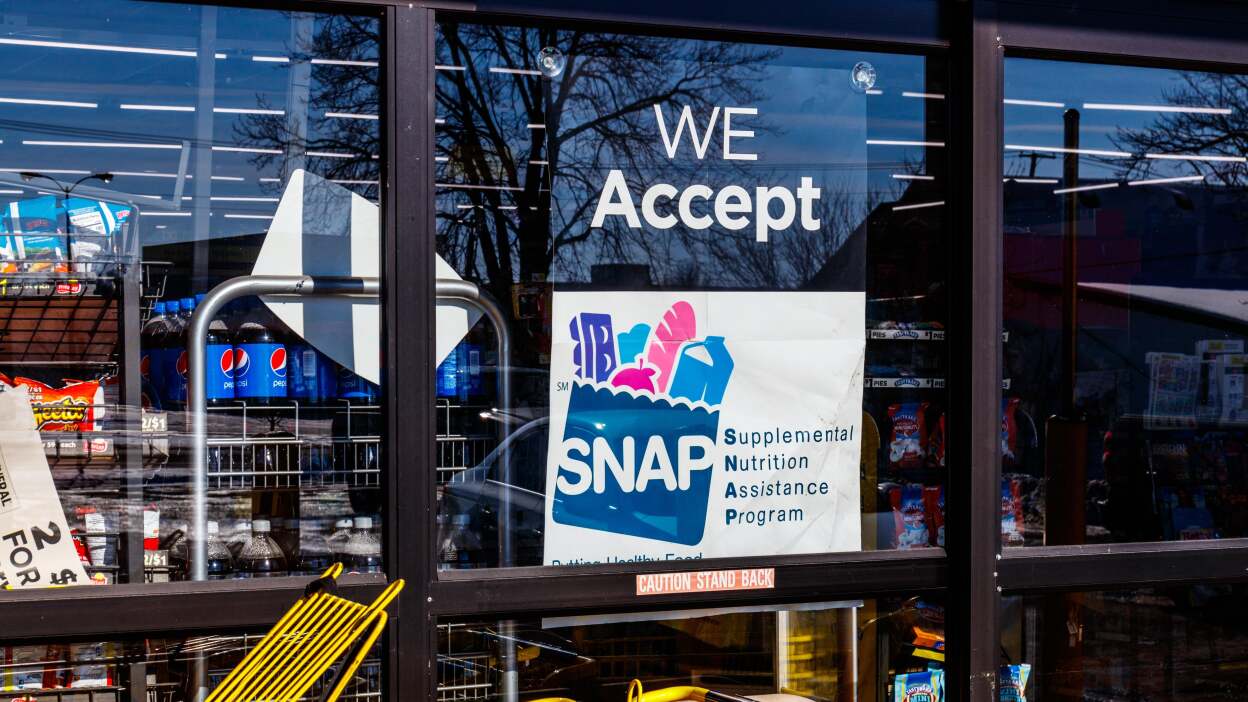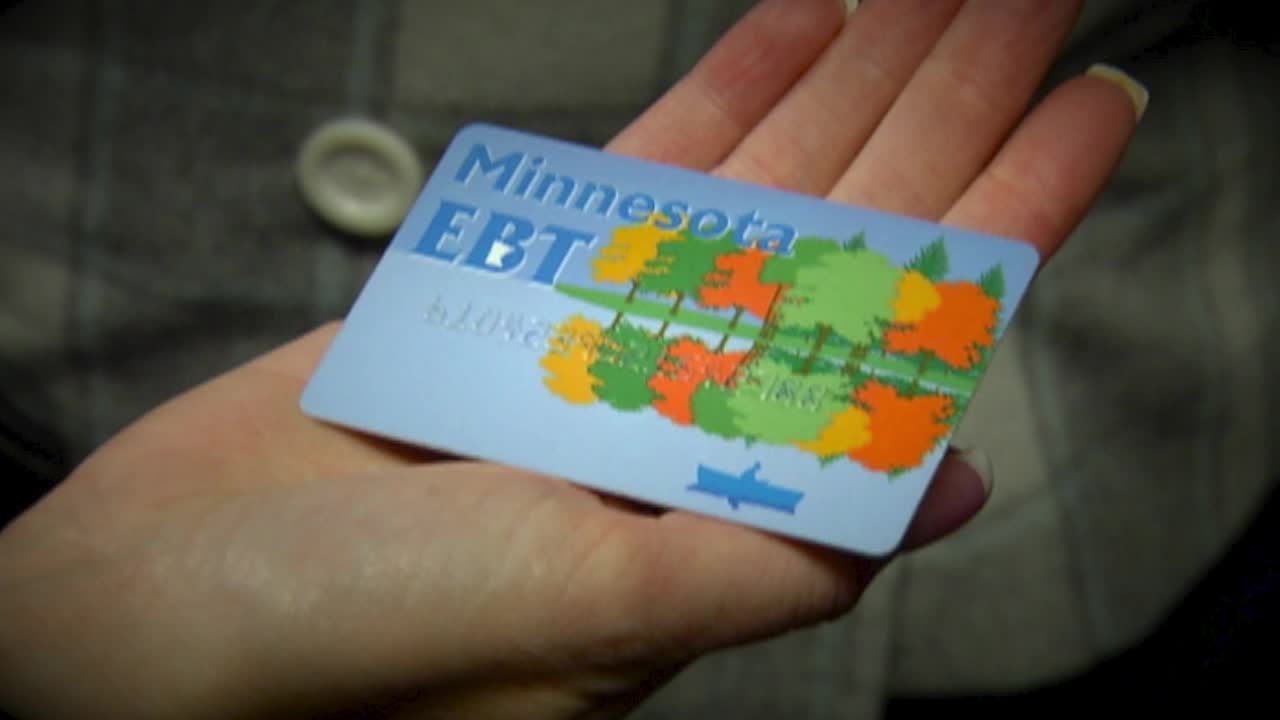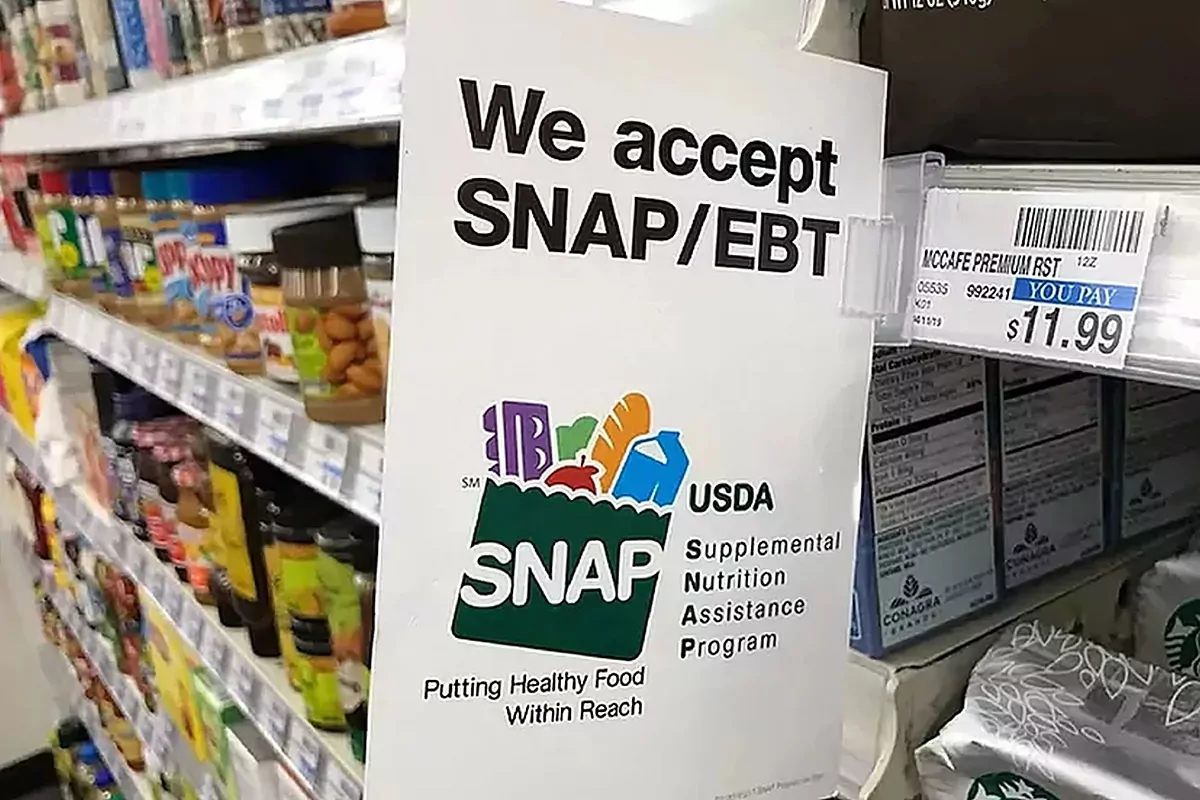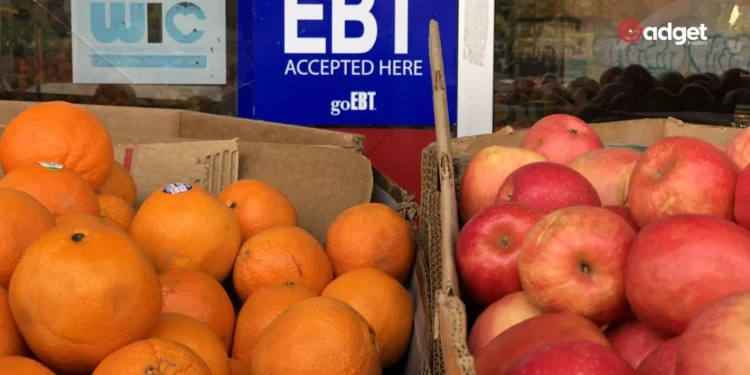In the quiet of a supermarket aisle, the plight of a Philadelphia mother underscores a growing national crisis. Taisha Simon’s ordeal began last June, a routine shopping trip unraveling into a stark confrontation with a failing system. Simon, a 42-year-old assistant manager and mother of four, discovered the devastating impact of EBT card theft firsthand when her $939 in US food aid vanished before she could stock her pantry.

EBT Card Fraud Threatens Low-Income American
The Electronic Benefits Transfer (EBT) card, a lifeline for 42 million low-income Americans, lacks modern security features, making it a prime target for fraudsters. The EBT system, designed to assist with food and cash aid, uses outdated magnetic stripe technology, which lacks the security measures commonplace in today’s debit and credit cards. As Simon navigated her monthly grocery trip, she found her EBT card emptied by thieves, a situation that left her and her children, who have specific dietary needs due to autism and ADHD, in a dire predicament.

The Personal Toll of Systemic Failure
“This is a really crummy crime,” remarked Justin King, policy director at Propel, highlighting the insidious nature of targeting those already struggling. The impact on victims like Simon is profound. Overwhelmed and forced to make severe cutbacks, Simon’s story is a microcosm of a larger issue that affects millions. The theft of EBT funds not only compromises individuals’ ability to purchase necessities but also imposes long-term financial recovery burdens, with some victims, including Simon, experiencing months of hardship before regaining stability.

Legislative Stagnation and Calls for Reform
Despite the clear vulnerabilities in the EBT system, there is a notable lack of incentive to adopt more secure technologies, such as chip cards, which are nearly impossible to clone. Critics argue that without legislative action, the situation is unlikely to improve. “Unless Congress acts, we’re not likely to see progress and modernization in the system,” King explained. The upcoming discussions on the 2024 farm bill present an opportunity for significant reforms that could safeguard against such thefts.

A Future Focused on Security
Proposals for enhancing EBT security include implementing chip technology and providing robust infrastructure akin to traditional banking, allowing users to check balances and lock cards instantly. For Simon, these changes can’t come soon enough. “I hate it because I always got to keep calling over and over again, but it’s a security thing and I appreciate it because I don’t have time to keep getting robbed,” she stated.
As Congress considers these critical improvements, the story of Taisha Simon serves as a compelling call to action. The need for a secure, reliable system is apparent, and the time for change is now. Will lawmakers rise to the challenge, or will millions more suffer as Simon did? Only time will tell, but for many Americans, these reforms cannot come soon enough.










